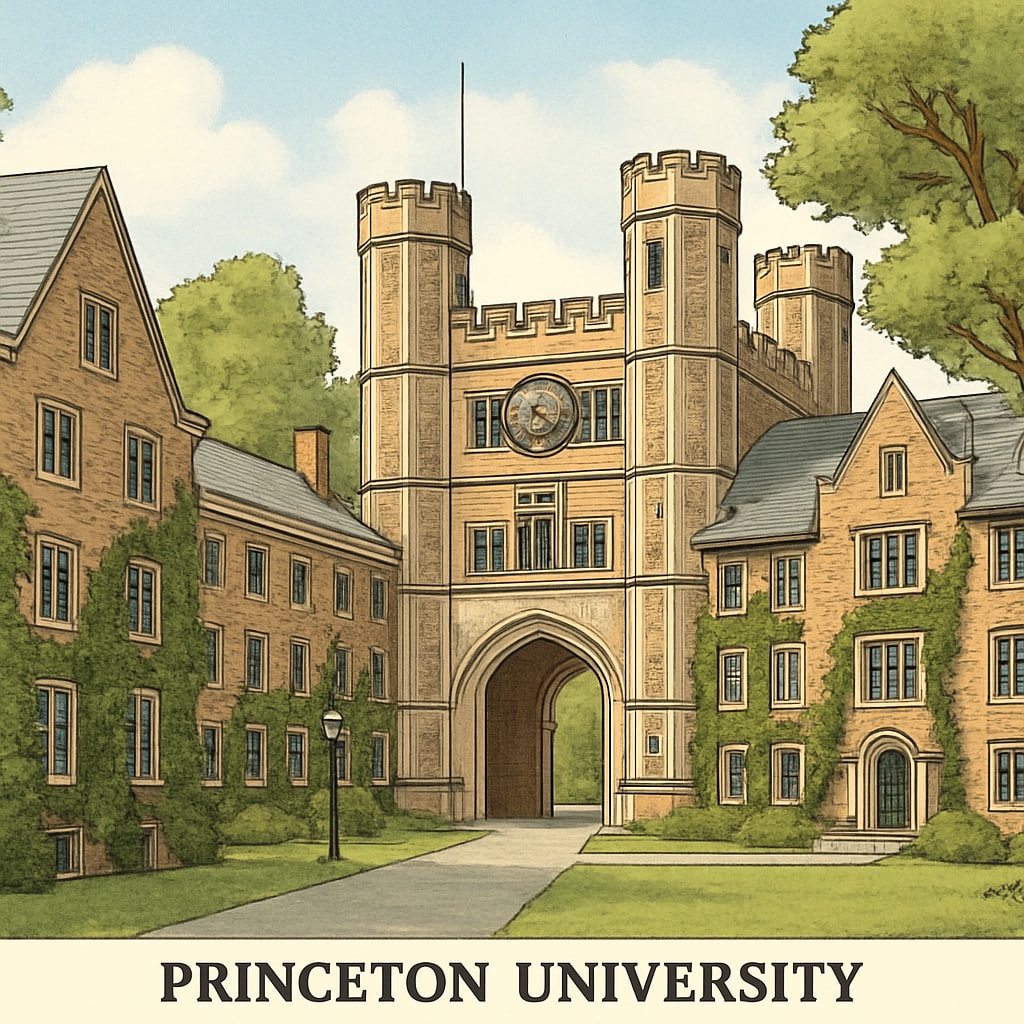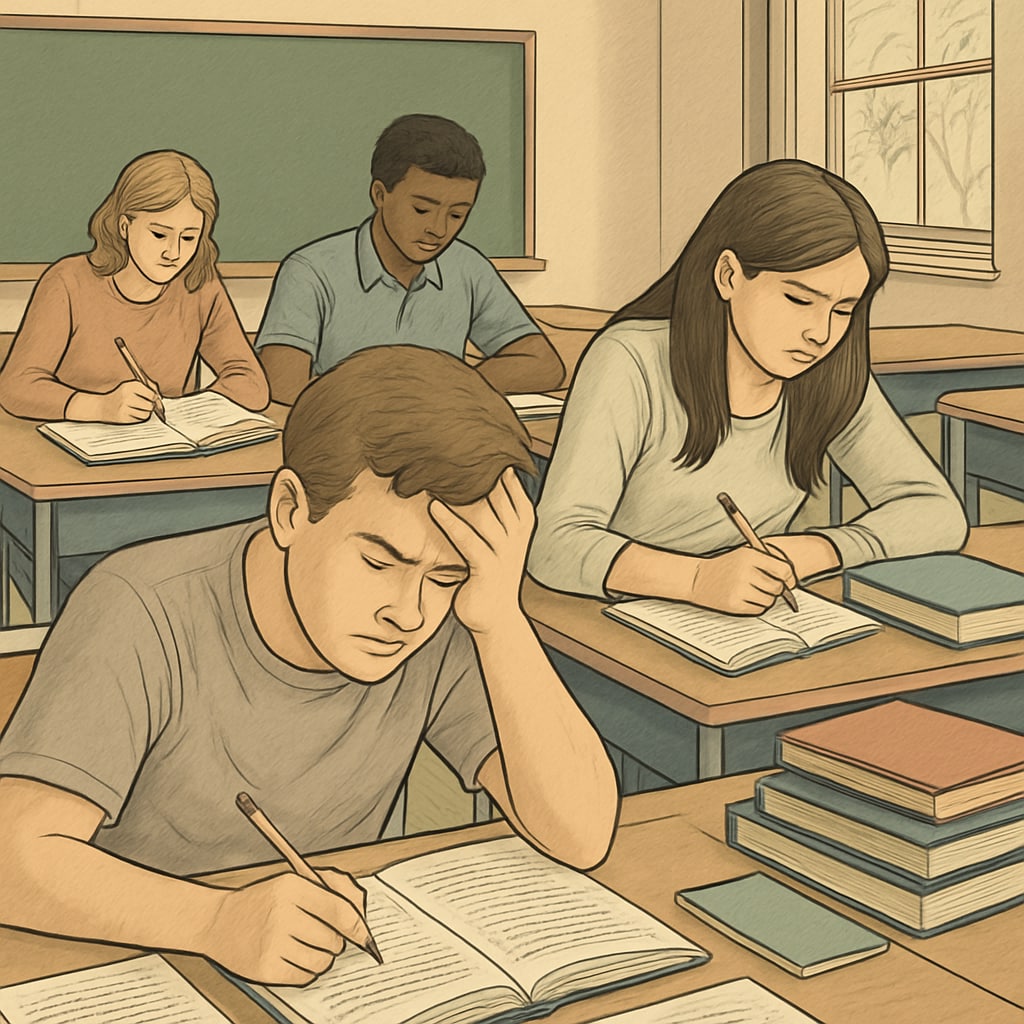The reputation of Princeton and other Ivy League institutions often seems untouchable, but is it deserved? The perception of these schools as pinnacles of education has led many to overestimate their true academic value. This article explores the phenomenon of Ivy League glorification, questioning whether the elite status of these institutions is warranted. Additionally, it highlights the potentially harmful effects of this “elite school worship” on K-12 students, who may feel overwhelmed by unrealistic expectations.
The Ivy League Aura: Myth or Reality?
The Ivy League is often synonymous with excellence, exclusivity, and success. Schools like Princeton, Harvard, and Yale are viewed as gateways to prestigious careers and intellectual superiority. However, this reputation is not always aligned with the reality of their educational offerings. For instance, some criticisms point out that these institutions prioritize research and prestige over undergraduate teaching quality. This has led to debates about whether students are truly receiving a transformative educational experience or simply benefiting from the historic reputation of the Ivy League brand.

According to Wikipedia’s overview of the Ivy League, these institutions are admired for their financial endowments and global influence. However, critics argue that the high tuition fees often exclude talented but less wealthy students, thereby perpetuating socioeconomic inequality. While scholarships exist, the overall accessibility of these schools remains a concern.
The Impact of Elite School Worship on K-12 Students
The glorification of Ivy League schools has trickled down to the K-12 education system, affecting students and parents alike. Many families invest enormous resources into test preparation, extracurricular activities, and application coaching, all in the hope of securing a coveted Ivy League admission. This has created a culture of stress and competition, where students feel their worth is tied to acceptance into these elite institutions.

As a result, students often sacrifice their mental health and personal interests for the sake of building a perfect resume. According to the Britannica entry on education systems, this trend has led to a narrow focus on standardized achievements rather than holistic growth. Parents and educators may inadvertently contribute to this problem by equating Ivy League acceptance with ultimate success, overlooking the diversity of educational paths available.
Is Ivy League Education Truly Overrated?
While Ivy League schools undeniably offer unparalleled resources, networking opportunities, and historical legacy, their value may not be universally superior to other institutions. Excellent education exists in state universities, liberal arts colleges, and technical schools as well. The belief that Ivy League schools are the “best” can overshadow these alternatives, limiting students’ perspectives and choices.
Furthermore, the emphasis on brand over substance raises the question: are Ivy League graduates inherently more capable, or do they simply benefit from the prestige associated with their alma mater? This distinction matters, especially as employers and society increasingly prioritize practical skills and interdisciplinary knowledge.
In conclusion, the Ivy League mystique deserves critical examination. While these schools certainly hold merit, they may not always justify the hype surrounding them. Families and students should consider the long-term implications of chasing elite education and instead focus on aligning their educational choices with personal goals and values.
Readability guidance: Short paragraphs and clear transitions ensure easy comprehension. Lists and external links provide additional resources for readers seeking deeper insights.


